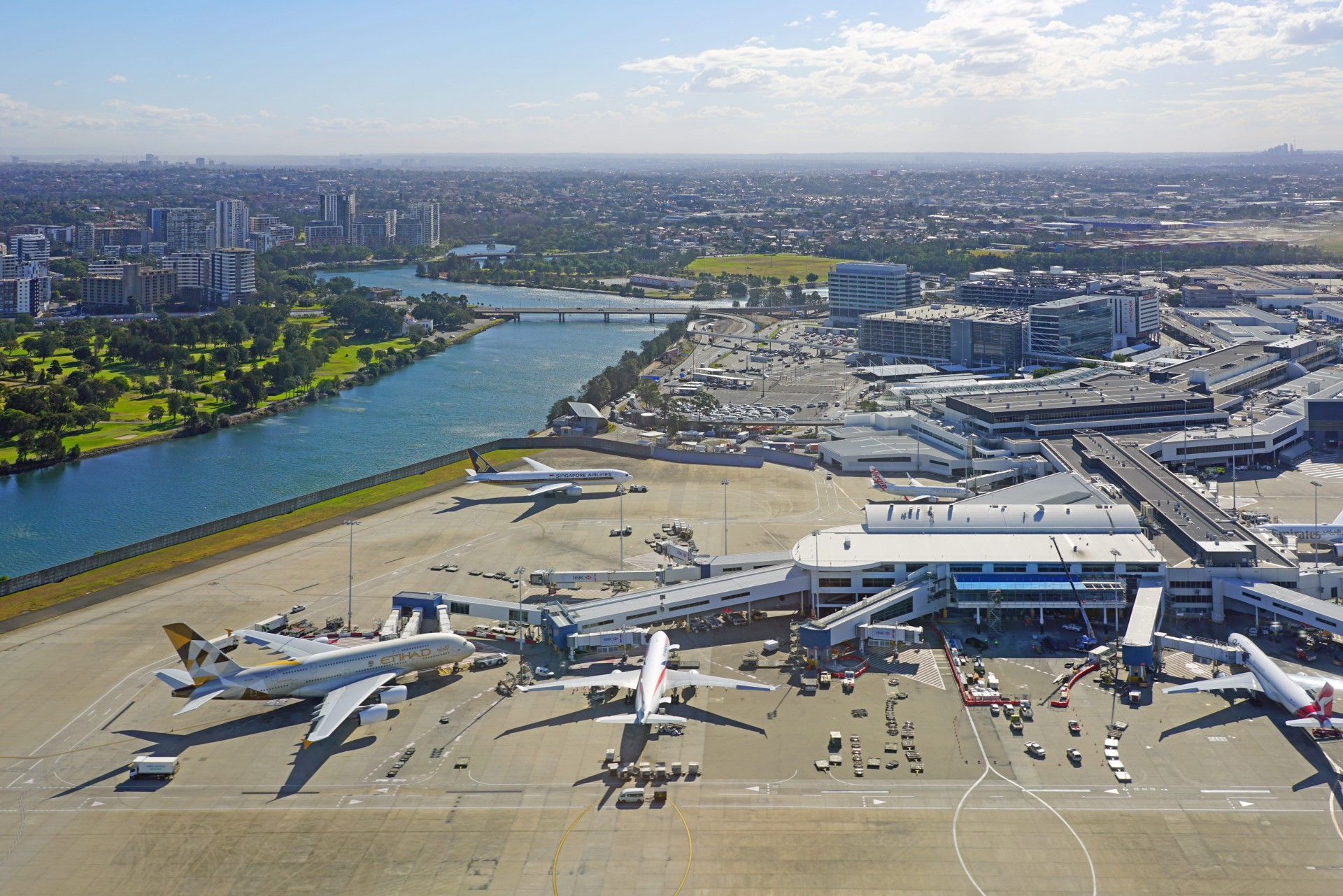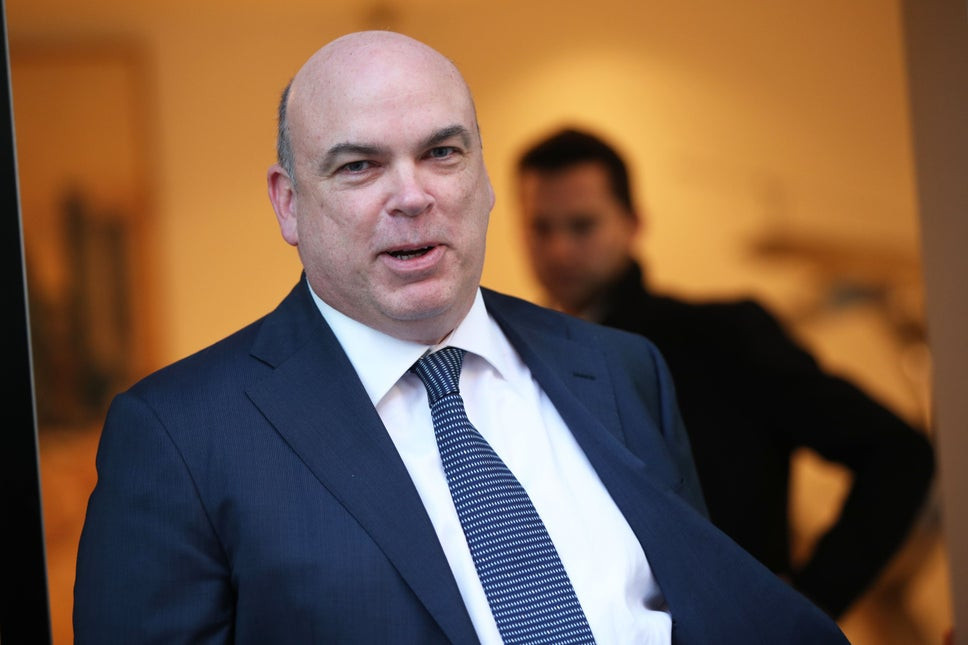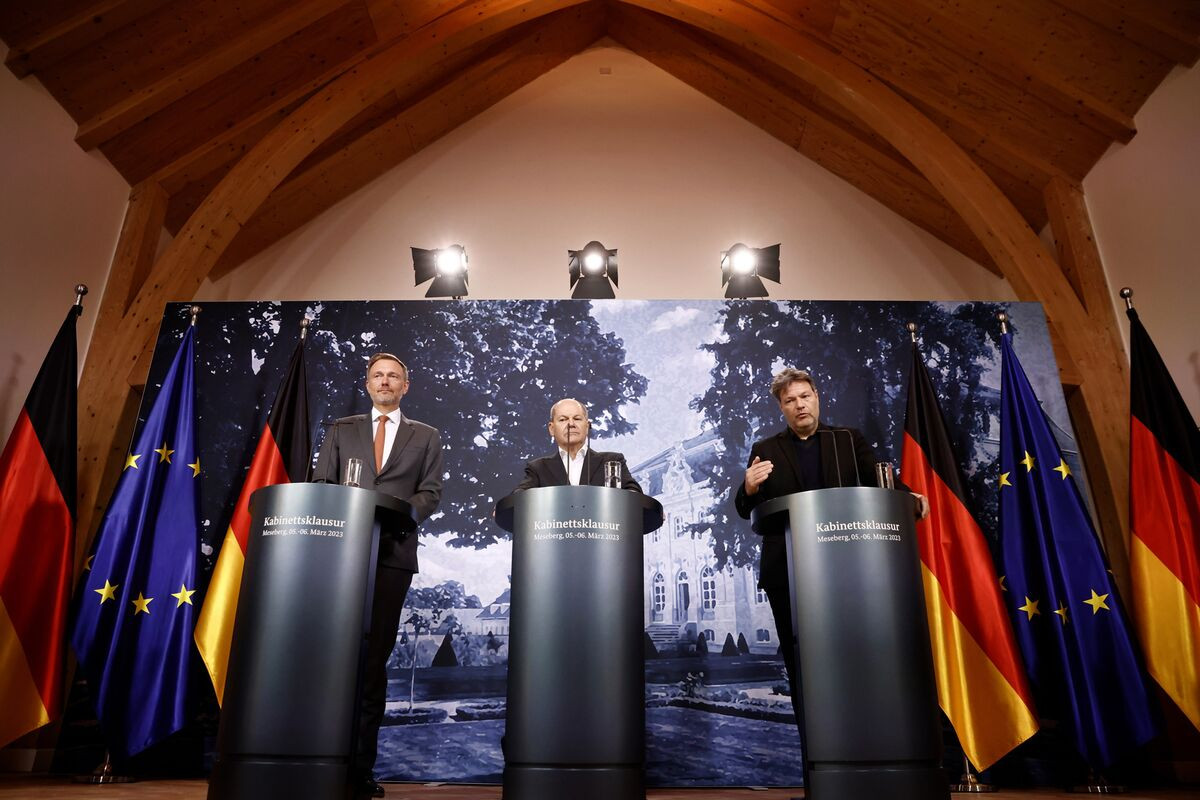A new report by ActionAid has revealed that countries in the Global South are being drained of more than $600bn annually in public subsidies directed towards climate-destructive industries, such as fossil fuels and industrial agriculture. This alarming revelation underscores the urgent need for a shift in global financial priorities, with the report emphasizing that the funds being channeled to these harmful sectors could be used to address pressing needs in the Global South, such as education and healthcare.
The report, titled ‘How the Finance Flows: Corporate capture of public finance fuelling the climate crisis in the Global South’, aims to showcase the extent to which fossil fuel and agribusiness multinationals benefit from public funds to the detriment of climate-vulnerable communities. These subsidies, the report argues, are exacerbating the climate crisis and perpetuating inequalities between the Global North and the Global South.
The report finds that fossil fuel companies in the Global South have received an average of $438.6bn annually in subsidies between 2016 and 2023, with industrial agriculture companies benefiting from an additional $238bn per year between 2016 and 2021. These figures highlight the substantial financial support that climate-harming industries are receiving, despite the growing evidence of their negative impacts on the environment and human well-being.
The State of Climate Finance
The report highlights a stark contrast between the massive public funds directed towards climate-destructive sectors and the meager financial support provided for climate action in the Global South. ActionAid notes that the subsidies to climate-destructive sectors far outweigh the financial support given to renewable energy projects in the Global South, which receive 40 times less public finance. This discrepancy underscores the systemic bias in global financial systems, where climate-harming industries are prioritized over sustainable development.
The report further reveals that grants for climate-hit countries from wealthier nations amount to just 1/20th of the public finance going to fossil fuels and industrial agriculture in the Global South. This financing shortfall, according to the report, locks Global South countries into harmful development models that further exacerbate the climate crisis. The lack of adequate financial support for climate adaptation and mitigation measures in developing countries is a major impediment to achieving global climate goals.
The UK's Subsidy Spending
The report also draws attention to the UK's role in subsidising fossil fuels and industrial agriculture. According to the report, the UK Government provided an annual average of $7.3bn in public subsidies to the fossil fuel sector between 2016 and 2023, with the industrial agriculture sector receiving a similar figure during the same timeframe. These figures point to the UK's significant contribution to the global problem of public funds being directed towards climate-harming activities.
Meanwhile, public investment in renewable energy in the UK has been declining, from $1.2bn in 2016 to just $0.8bn in 2021, leaving the fossil fuel sector with more than seven times the public financing compared to renewables, as per the report. The decline in public investment in renewable energy, despite the UK's climate commitments, further underscores the need for policy changes to prioritize sustainable development.
Call for Action
In response to these findings, ActionAid is calling for a redirection of public finance to support just transitions away from fossil fuels and industrial agriculture towards people-led climate solutions. This involves increasing support for decentralised renewable energy systems and advancing agroecology through gender-sensitive agricultural extension services that provide training in both agroecology and climate adaptation. These shifts in investment priorities would allow for a more equitable and sustainable future for the Global South, ensuring that development is aligned with climate goals.
Additionally, the group is urging wealthy nations to provide trillions of dollars in grant-based climate finance to the Global South, while calling for an ambitious climate finance goal to be set at COP29 in Baku, Azerbaijan this November. This call to action emphasizes the need for increased financial support from developed countries to help developing nations address the climate crisis and build resilient communities.
Action Aid is also advocating for stricter regulation of the banking and finance sectors to end destructive financing, with a focus on human rights, social and environmental standards. It argues for the transformation of international financial institutions that are contributing to climate-vulnerable countries’ growing debt burdens. These reforms would ensure that financial institutions prioritize sustainable development and align their operations with climate goals.
Reframing the Narrative: A Call to Action for Change
The report's findings paint a disturbing picture of how public funds are being used to support industries that are driving the climate crisis. ActionAid's call for a redirection of public finance towards climate solutions, including renewable energy and agroecology, offers a path towards a more sustainable and equitable future. The time for action is now. We cannot afford further delay.

















